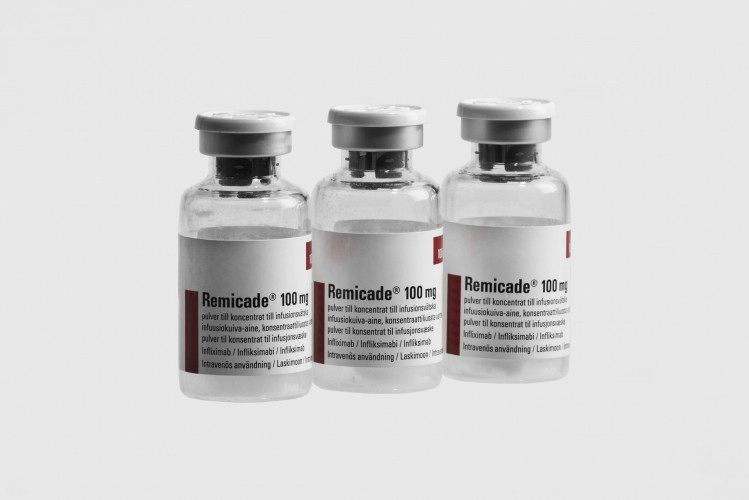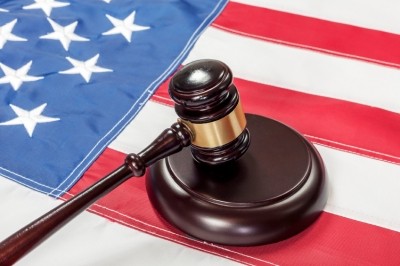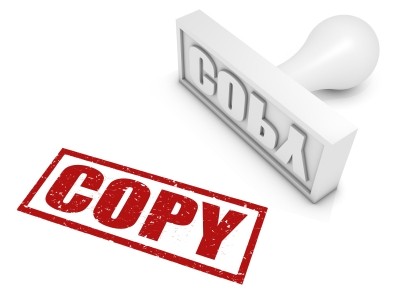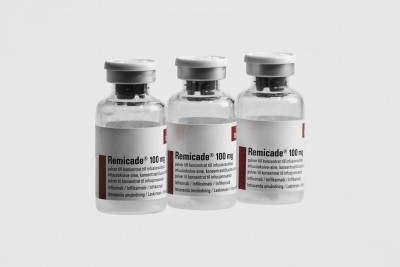Biosimilars will not erode sales like generics, says J&J

“We expect biosimilars to behave as lower cost brands,” Joaquin Duato, worldwide chairman of pharmaceuticals at J&J, said whilst discussing the firm’s second quarter results this week
“From that perspective, biosimilars wouldn’t have the type of impacting erosion that you see with generic and small molecules,” he continued, adding Europe’s approval of Sandoz’s epoetin alfa bioequivalent in 2007 did not harm sales of the reference drug Procrit/Eprex.
“We lost the patent years ago and we remained a leading epoetin alfa product [supplier] in Europe despite the biosimilar that had been launched.”
According to annual reports, sales of the red blood cell increasing drug Procrit in 2006 stood at $3.2bn (€2.4bn) and accounted for 6% of J&J’s total revenues, falling to $2.2bn for 2009, and last year contributed $1.4bn to total sales. The company has attributed the drop to both “declining markets for Erythropoiesis Stimulating Agents (ESAs)” and “generic competition.”
Remicade Impact
Duato also cited prior experience when asked to predict how J&J's $6.7bn selling drug Remicade would be impacted by either the impending European launch of a biosimilar by Hospira and Celltrion or any future filings in when it goes off patent in the US.
He told investors that in South Korea and certain Eastern European countries where a Remicade biosimilar is already available “the impact has been very, very limited and the price erosion has also been limited,” adding that “the discount in which these products have been launched averaged about 25% to the branded price.”
Furthermore, “we have an extensive safety real-world evidence database with regards to Remicade, it’s been used already prescribing two million patients, it was launched in 1998 and we believe that is a factor that this is we consider when [it is] prescribed.”
Merck & Co. markets the drug outside North America and during a visit to the firm’s Irish headquarters in May, VP of Biologics Brendan O’Callaghan told Biopharma-Reporter.com the launch of biosimilars “hasn’t been detrimental to sales so far but is obviously an area that [Merck] is watching very closely.”
Merck, unlike J&J, is pursuing its own biosimilar programme through a partnership with Samsung Biopeis.
Biosimilars vs generics
Duato said: “The biosimilars area is something that we watch very closely,” but as patents expire and markets open up he assured stakeholders that the situation will be very different to that of small molecule generic competition.
“Developing and manufacturing, and commercializing biosimilars have different costs,” he said. “[Biosimilar makers] need to prepare a full clinical dossier, and manufacturing biologics is an expensive and complex process, and commercializing them will have also additional costs.”










